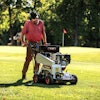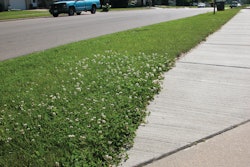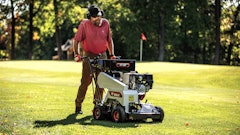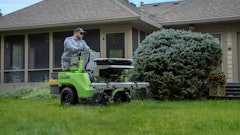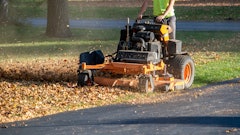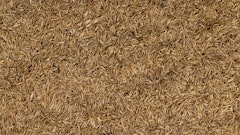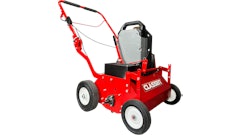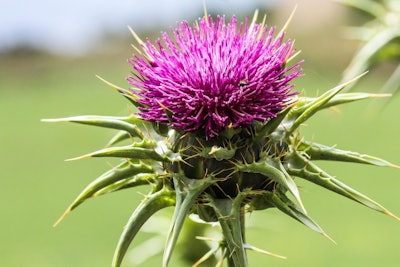
How do I eradicate weeds? Whether you are a backyard gardener, farmer, rancher, landscaper or homeowner, the question of how to get rid of plants we term weeds is often on our minds. In today’s world of instant gratification, we are looking for quick fixes, but the age old saying, “You have to go slow to move fast,” is cogent advice.
It is important to remember that life is a cycle and changing the environment by direct action often fails to produce the desired effects, because the root causes have not been considered. What are the root causes of weed infestations and how can the environment be coaxed in a way that the plants we desire germinate and thrive, while weeds perish?
Any plant can be considered a weed when it is growing in an unwanted time and place. However most of us consider thistles weeds no matter where they grow. Thistles vary in physiology, from the small-leaved star thistle to the giant green-leaved Canadian thistle, but their function in the ecosystem is essentially the same. Thistles serve as ecosystem pioneers. They are deep-rooted plants that germinate and grow in bare, salty and compacted soils. Their roots have are able to penetrate rock-hard soils and break them up by sending organic matter deep into the ground. If the ecosystem cycle is allowed to run its course, these soils, improved by the action of the thistle roots, will be healthy enough to germinate and grow more desirable plants.
A common control alternative is the use of herbicides to kill thistle populations. Unfortunately, this quick fix is not really a fix at all, because nature hates a void. Herbicide use results in bare soil whose organic matter has been salted by chemicals, or acidified by organic weed killers such as vinegar. Bare, salty soils are more likely to be colonized by weedy plants such as thistles. If herbicide treatments are not combined with seeding, mulching or other forms of soil improvement, they result in increased populations of weeds. Additionally, herbicides are expensive and they never return an income.
To view the full original article, please click here.


